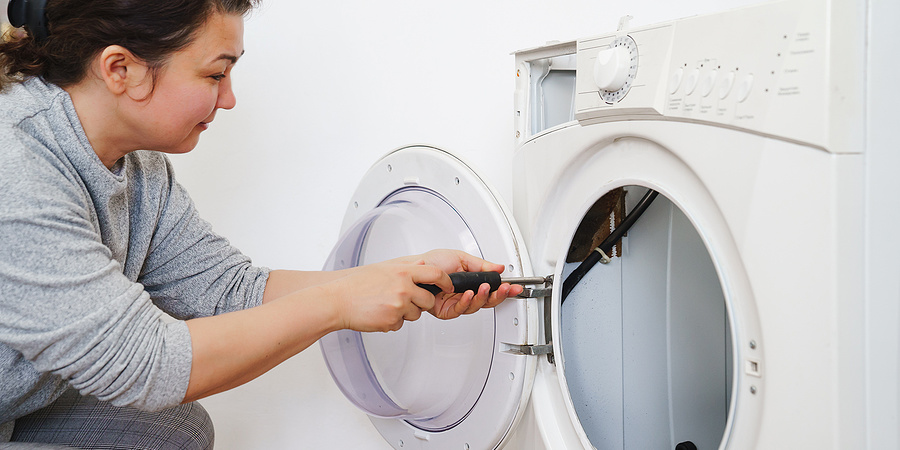We all know what sinking feeling when an appliance breaks down – but now we have a right to repair it.
In the past we could have been advised to replace it just because spare parts are hard to track down.
But a law known as the ‘right to repair’ introduced last year means that the firms that make the appliances now have a duty to make spare parts available to us.
Washing machines, washer-dryers, dishwashers, fridges and TVs are included under the new rules. We are even entitled to parts for appliances that are no longer on sale.
Tooling up
Some parts will only be available to professional repairers – so we’d still have to fork out for the repair work. But others will be available to everyone, meaning we can have a go at fixing the fault ourselves.
It also needs to be possible to do the repairs with standard tools, the rules state.
The bad news is that cookers, hobs, tumble dryers, microwaves, laptops and smartphones aren’t included.
There’s also no guarantee the spare parts or the repairs themselves will be cheap.
But the government hopes it will cut down the 1.5 million tonnes of electrical waste we produce every year.
And it should also help to save us a packet. Some appliances could have their lives extended by 10 years.
New lease of life
If we’re having problems getting companies to supply the parts we need, we should remind them it’s their duty under the right to repair law.
If all is lost though, and we need to replace our appliance, we have advice on how we can do it without breaking the bank.
There are more tips on how to get more life out of our stuff – not just appliances and white goods – on the Quids in! website.
Image: Andrey Sayfutdinov/Bigstock



